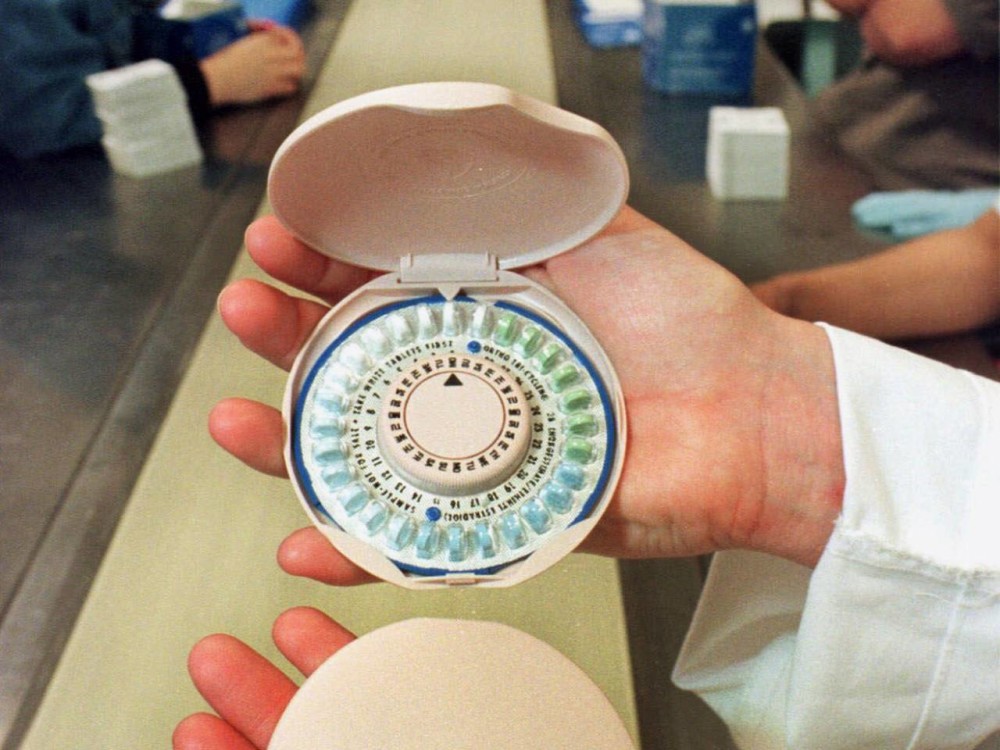By Sara Payne
Pittsburgh Post-Gazette.
What’s the best time to conceive? Many women might not know the answer.
Only 50 percent of women discuss their reproductive health with medical providers, according to a recent study by the Yale School of Medicine.
However, 75 percent of the 1,000 subjects identified women’s health care providers as their top source of reproductive health-related information.
Researchers believe this lack of dialogue has led to a number of misbeliefs about conception.
“It never ceases to amaze me how many women don’t know when they’re fertile and don’t understand how health matters can affect their ability to conceive,” said Terry Jakovac, a nurse practitioner at Adagio Health, a nonprofit serving women and their families at sites throughout Western Pennsylvania.
The large proportion of women who don’t know about fertility risk factors caught researcher Lisbet Lundsberg’s attention.
Twenty-five percent of women in the survey are unaware of the effects of smoking, obesity, irregular periods and sexually transmitted infections on fertility.
Knowledge gaps exist across all ages, researchers found. Younger women knew less about conception, fertility and ovulation while older women were more likely to count on myths.
“We need to create strategies to improve education in new and existing venues,” Lundsberg said, adding that pregnancy websites were another popular source of information. She is an associate research scientist in obstetrics, gynecology and reproductive sciences at the Yale School of Medicine.
Six out of 10 women surveyed thought intercourse should happen after ovulation, instead of before, in order to increase the chances of becoming pregnant.
Dr. John Fisch, division director of Magee Womancare Associates, found this result interesting but less concerning than others.
Women still conceive despite not understanding the ovulatory cycle because they are more receptive to intercourse at their most fertile time.
What does worry him is the lack of knowledge women in the study had about folic acid.
Half of the subjects did not know it is recommended to prevent birth defects. The vitamin has been found to greatly reduce the chance of having a child with a neurotube defect such as spina bifida, according to the National Institute of Neurological Disorders and Stroke.
All women of childbearing age, regardless of their current plan to become pregnant, should be consuming 400 micrograms of folic acid each day. The recommended amount can be found in many multivitamins.
A majority of women think having sex more than once per day will make them more likely to become pregnant, but this can be overkill. Sperm count decreases after intercourse, so sex more than every other day is actually counterproductive, Fisch said.
“We try not to have people obsess,” he said. “It’s usually just a matter of time.”
The rate of infertility in the United States is 10.9 percent, according to the Centers for Disease Control and Prevention, but the study found 40 percent of women worry about their ability to conceive.
Jakovac’s patients struggle with this fear when they first start planning to have a baby.
“It’s difficult for some women to understand that we don’t see it as a problem until they’ve been trying for one year,” she said.
“They think that as soon as they come off their birth control they can conceive.”
If women are having trouble becoming pregnant, Jakovac reminds them that their partner’s well-being can be a factor. Healthy sperm is a necessary part of the process.
“We only see one person in the office, but there is someone else involved,” she said. “It takes two to conceive.”
Fisch and Jakovac said the medical community should be aware of the gaps in reproductive knowledge and be proactive.
“Our patients may not know as much as we think they do,” he said. “We have to do a better job of educating them.”
___
GOOD HEALTH TIPS FOR WOMEN TRYING TO CONCEIVE:
-Take 400 to 800 micrograms of folic acid every day if you are planning or capable of pregnancy to lower your risk of some birth abnormalities of the brain and spine, including spina bifida. All women need folic acid every day. Talk to your doctor about your folic acid needs. Some doctors prescribe prenatal vitamins that contain higher amounts of folic acid.
-Stop smoking and drinking alcohol.
-If you have a medical condition, be sure it is under control. Some conditions that can affect pregnancy or be affected by it include asthma, diabetes, oral health, obesity and epilepsy.
-Talk to your doctor about any over-the-counter and prescription medicines you are using.
buy ivermectin online www.parkviewortho.com/wp-content/languages/new/prescription/ivermectin.html no prescription
These include dietary or herbal supplements. Be sure your vaccinations are up to date.
-Avoid contact with toxic substances or materials that could cause infection at work and at home. Stay away from chemicals and cat or rodent feces.
-Office of Women’s Health (HYPERLINK “http://womenshealth.gov”womenshealth.gov)

















































































































































































































































































































































































